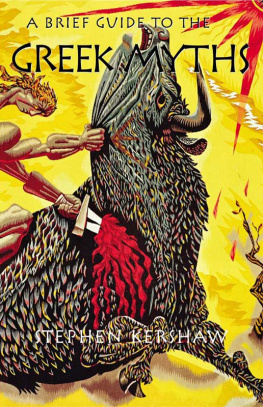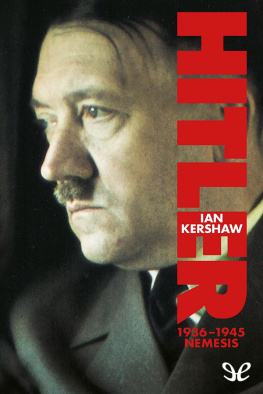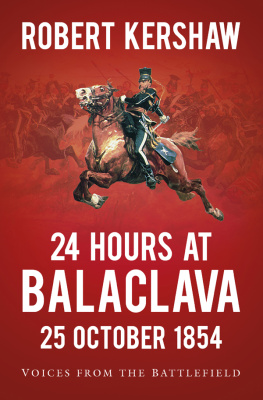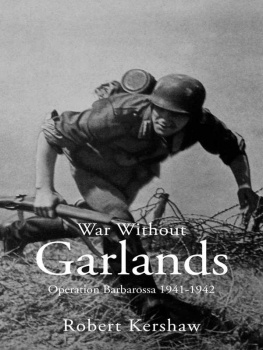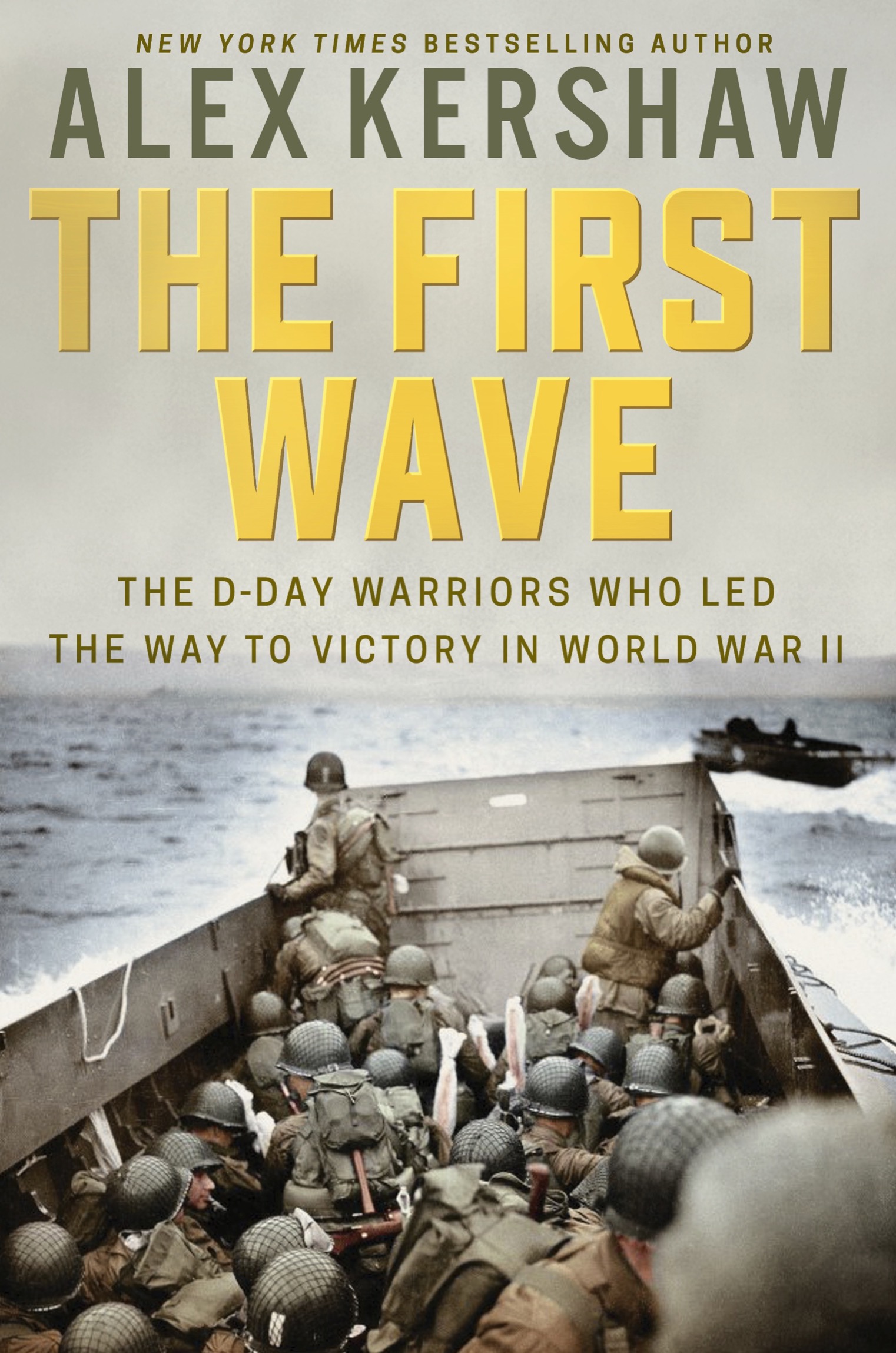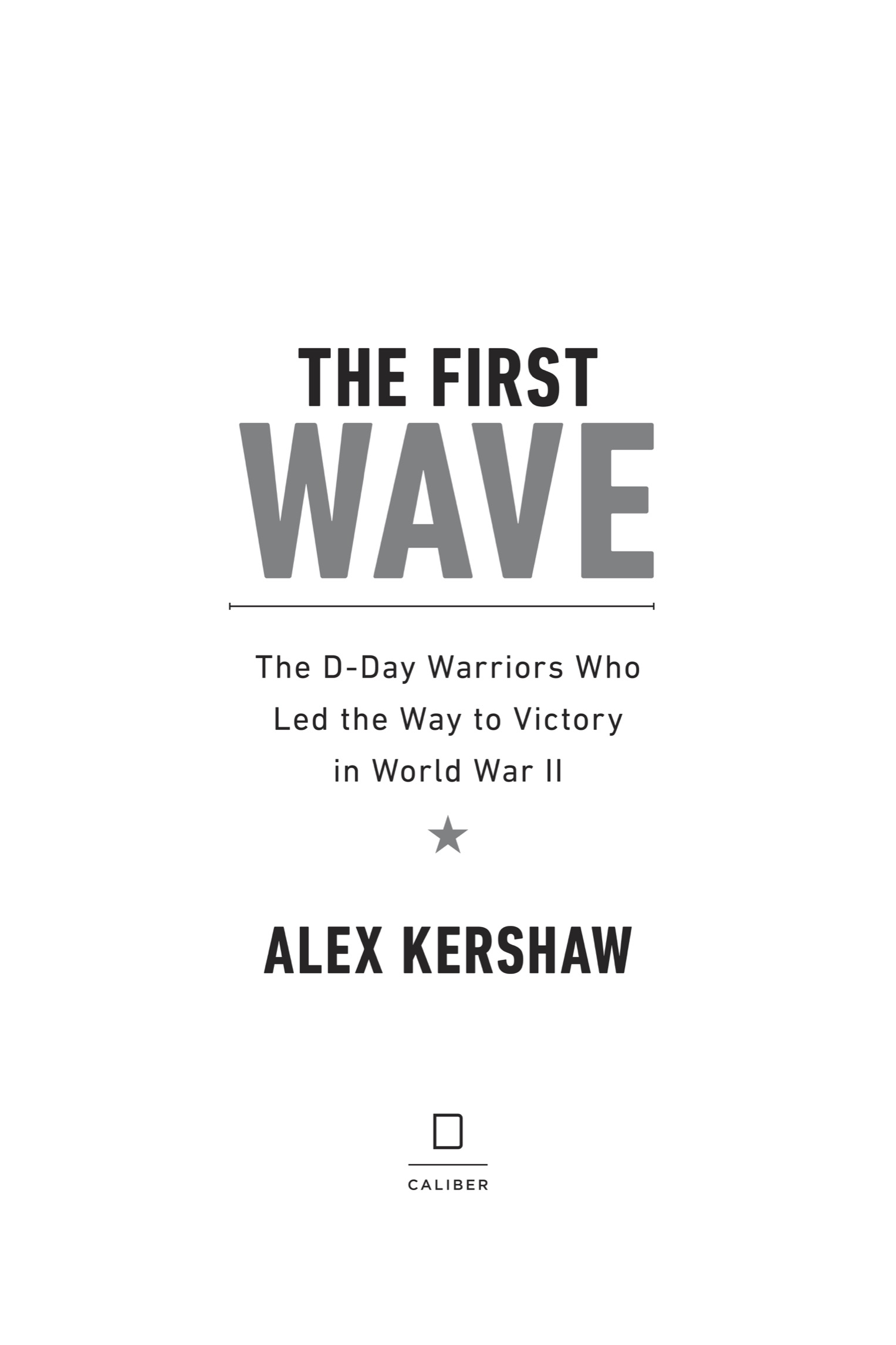When you talk about combat leadership under fire on the beach at Normandy, I dont see how the credit can go to anyone other than the company-grade officers and senior NCOs who led the way. It is good to be reminded that there are such men, that there always have been, and always will be. We sometimes forget, I think, that you can manufacture weapons, and you can purchase ammunition, but you cant buy valor and you cant pull heroes off an assembly line.
CHAPTER 1
June 5, 1944
T HE CLOCK IN T HE WAR room at Southwick House showed 4 A.M. The nine men gathered in the twenty-five-by-fifty-foot former library, its walls lined with empty bookshelves, were anxiously sipping cups of coffee, their minds dwelling on the Allies most important decision of World War II. Outside in the darkness, a gale was blowing, angry rain lashing against the windows. The weather was terrible, recalled fifty-three-year-old Supreme Allied Commander Dwight Eisenhower. Southwick House was shaking. Oh, it was really storming. Given the atrocious conditions, would Eisenhower give the final go-ahead or postpone? He had left it until now, the very last possible moment, to decide whether or not to launch the greatest invasion in history.
Seated before Eisenhower in upholstered chairs at a long table covered in a green cloth were the commanders of Overlord: the no-nonsense Missourian, General Omar Bradley, commander of US ground forces; the British General Bernard Law Montgomery, commander of the 21st Army Group, casually attired in his trademark roll-top sweater and corduroy slacks; Admiral Sir Bertram Ramsay, the naval commander who had orchestrated the miracle of Dunkirkthe evacuation of more than 300,000 troops from France in May 1940; the pipe-smoking Air Chief Arthur Tedder, also British; Air Chief Marshal Sir Trafford Leigh-Mallory, whose blunt pessimism had caused Eisenhower considerable anguish; and Major General Walter Bedell Smith, Eisenhowers chief of staff.
A dour and tall Scotsman, forty-three-year-old Group Captain James Stagg, Eisenhowers chief meteorologist, entered the library and stood on the polished wood floor before Overlords commanders. He had briefed Eisenhower and his generals every twelve hours, predicting the storm that was now rattling the windows of the library, which had already led Eisenhower to postpone the invasion from June 5 to June 6. Then, to Eisenhowers great relief, he had forecast that there would, as he had put it with a slight smile, be rather fair conditions beginning that afternoon and lasting for thirty-six hours.
Once more, Stagg gave an update. The storm would indeed start to abate later that day.
Eisenhower got to his feet and began to pace back and forth, hands clasped behind him, chin resting on his chest, tension etched on his face.
What if Stagg was wrong? The consequences were beyond bearable. But to postpone again would mean that secrecy would be lost. Furthermore, the logistics of men and supplies, as well as the tides, dictated that another attempt could not be made for weeks, giving the Germans more time to prepare their already formidable coastal defenses.
Since January, when he had arrived in England to command Overlord, Eisenhower had been under crushing, ever greater strain. Now it had all boiled down to this decision. Eisenhower alonenot Roosevelt, not Churchillhad the authority to give the final command to go, to enter the continent of Europe, as his orders from on high had stated, and undertake operations aimed at the heart of Germany and the destruction of her armed forces. He alone could pull the trigger.
Marshaling the greatest invasion in the history of war had been, at times, as terrifying as the very real prospect of failure. The last time there had been a successful cross-Channel attack was 1066, almost a millennium ago. The scale of this operation had been almost too much to grasp. More than 700,000 separate items had formed the inventory of what was required to launch the assault. Dismissed by some British officers as merely a coordinator, a good mixer, the blue-eyed Eisenhower, celebrated for his broad grin and easy charm, had nevertheless imposed his will, working eighteen-hour days, reviewing and tweaking plans to launch some seven thousand vessels, twelve thousand planes, and 160,000 troops to hostile shores.
Eisenhower had overseen vital changes to the Overlord plan. A third more troops had been added to the invasion forces, of whom fewer than 15 percent had actually experienced combat. Heeding General Montgomerys concerns, Eisenhower had ensured that the front was broadened to almost sixty miles of coast, with a beach code-named Utah added at the base of the Cotentin Peninsula, farthest to the west. It had been agreed, after Eisenhower had carefully managed the bunch of prima donnas, most of them British, who made up his high commandthe men gathered now before himthat the attack by night should benefit from the rays of a late-rising moon.





